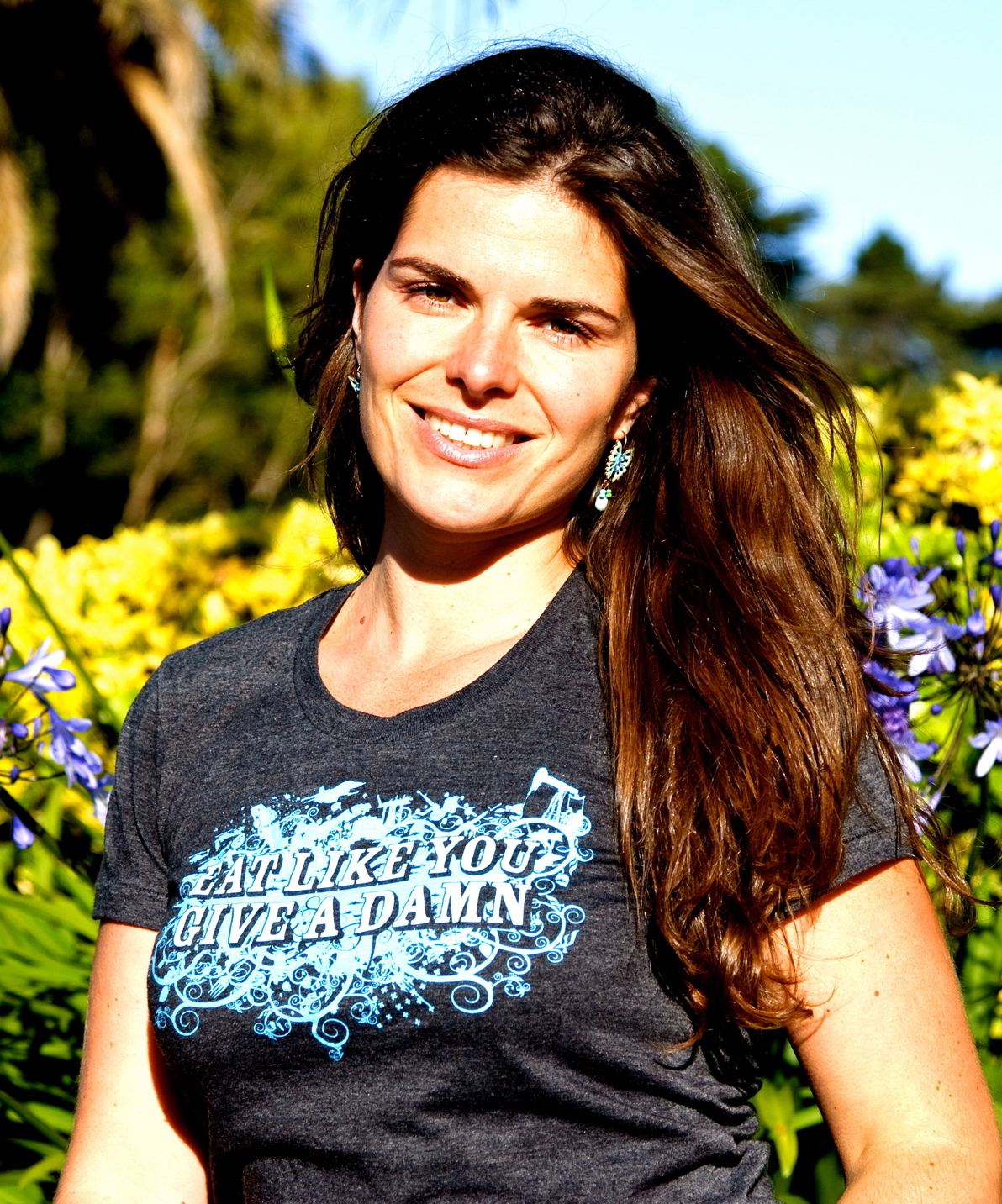
My name is Laetitia Victoria Mukungu and I am from Kenya. I am a third-year student at EARTH University in Costa Rica, where I study Agricultural Sciences and Natural Resource Management. My passion lies in rural women’s empowerment, food security and child education.

My name is Laetitia Victoria Mukungu and I am from Kenya. I am a third-year student at EARTH University in Costa Rica, where I study Agricultural Sciences and Natural Resource Management. My passion lies in rural women’s empowerment, food security and child education.
I fell in love with agriculture at the young age of 14 when I started dreaming about Africa. I dreamed of a continent full of confident women, empowered and financially sustainable. I dreamed of underprivileged children in the villages and slums attaining quality education just like the rest. To make my dream a reality, I founded the Africa Rabbit Centre (ARC), a rabbit farming cooperative organization that economically empowers poor, local women and their families in the Butere Constituency, roughly 290 km from Nairobi, in rural Kenya. Women spend months in ARC’s full-time apprenticeship program, and emerge proficient enough in rabbit farming to earn approximately $30 per month. While the women learn on-the-job skills, ARC supports itself by selling rabbits, 400 annually, to other rabbit suppliers and restaurants in Kenya.
I believe the biggest obstacle facing agricultural transformation in Africa is our own education system that has for so long undervalued agriculture as a career. Many of us young people have been brought up and molded by an anti-agriculture education system. Teachers and parents tell us the career paths we should pursue: law, medicine and engineering. Very few, almost none, mention agriculture. Instead, students who perform poorly in school are threatened by their teachers and told, “you will become a farmer if you don’t study harder.” This is how we grow up – seeing agriculture as a ‘thing’ for the failures, for the non-science students, for school drop-outs. If we want to transform Africa through agriculture, let us start from the molding centres: our schools.
Many would say, as youth innovators, we primarily need economic assistance to succeed in agriculture. Maybe it is time we put less focus on money and more on assurance and motivation. I think there is a need to tell youth that it is okay to pursue agriculture as a viable career. That agriculture is a respectable career just like any other and there is no shame in it. More success stories about youth working in agriculture must be shared because there are many young people passionate about farming, but are ashamed to proudly claim it because of societal stereotypes. Yes, we can have the fertile land, favourable climate, investors, sponsors, mentors and all, but if we are not proud enough to practice agriculture, none of that matters. You can take a cow to the river, but you cannot force it to drink the water. We need youth pride in agriculture.
Through my journey, I have learned an important lesson: Education is necessary but entrepreneurship is essential. To me, entrepreneurship means building your own dream before someone else hires you to help them build theirs. Entrepreneurs are optimists that see opportunity in every danger and not vice versa. Africa is a continent of many dangers: hunger, poverty, disease and unemployment, which simply means there are many opportunities to be explored. The progress of Africa lies in our hands as young people and if we do not rise up now, ‘Africa rising’ will remain a statement. Every youth, whether doctor, teacher or farmer must think in an entrepreneurial way because entrepreneurs are the change makers.
As a young entrepreneur, I am proud of my 14-year-old self that ventured into entrepreneurship before I could even spell it correctly. I am proud of starting ARC with just $500 and 15 small rabbits and of now employing 15 families, selling more than 400 rabbits annually, and opening a school for 300 underprivileged children in my village.
Find the original blogpost on the Young Africa Works website.
This blogpost by Laetitia Mukungu is part of a blog series on the Young Africa Works Summit in Kigali, Rwanda on February 16-17. YPARD will be conducting a one day pre-Summit workshop and a mentoring program to build on the youth delegates communication and networking skills in preparation for their participation at the Summit. For more information about the Summit visit the youngafricaworks.org website.

